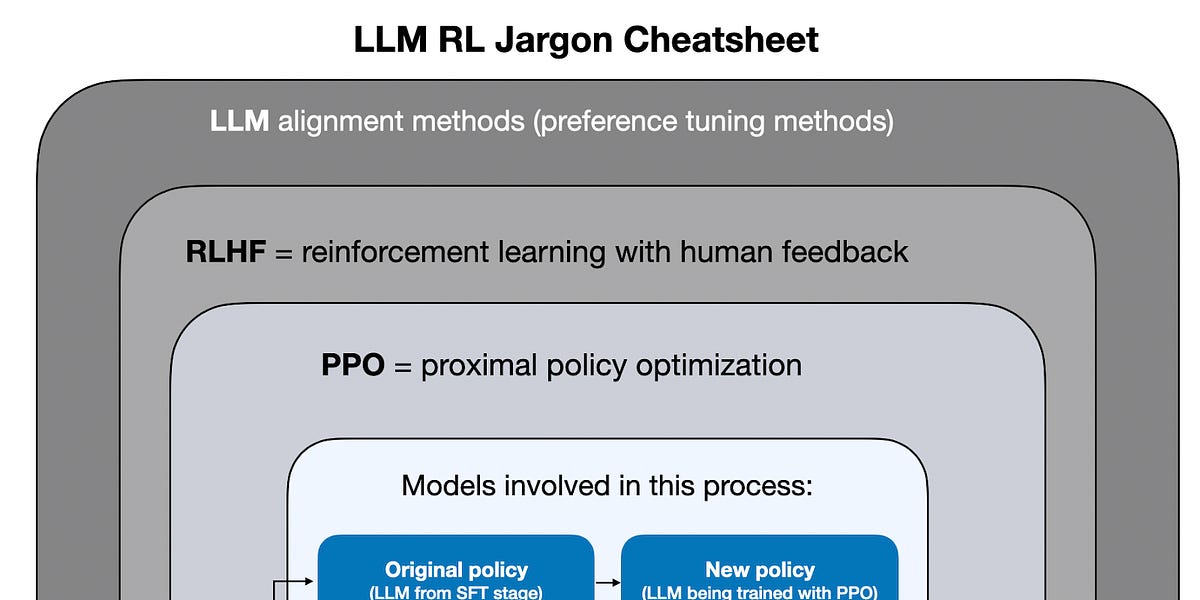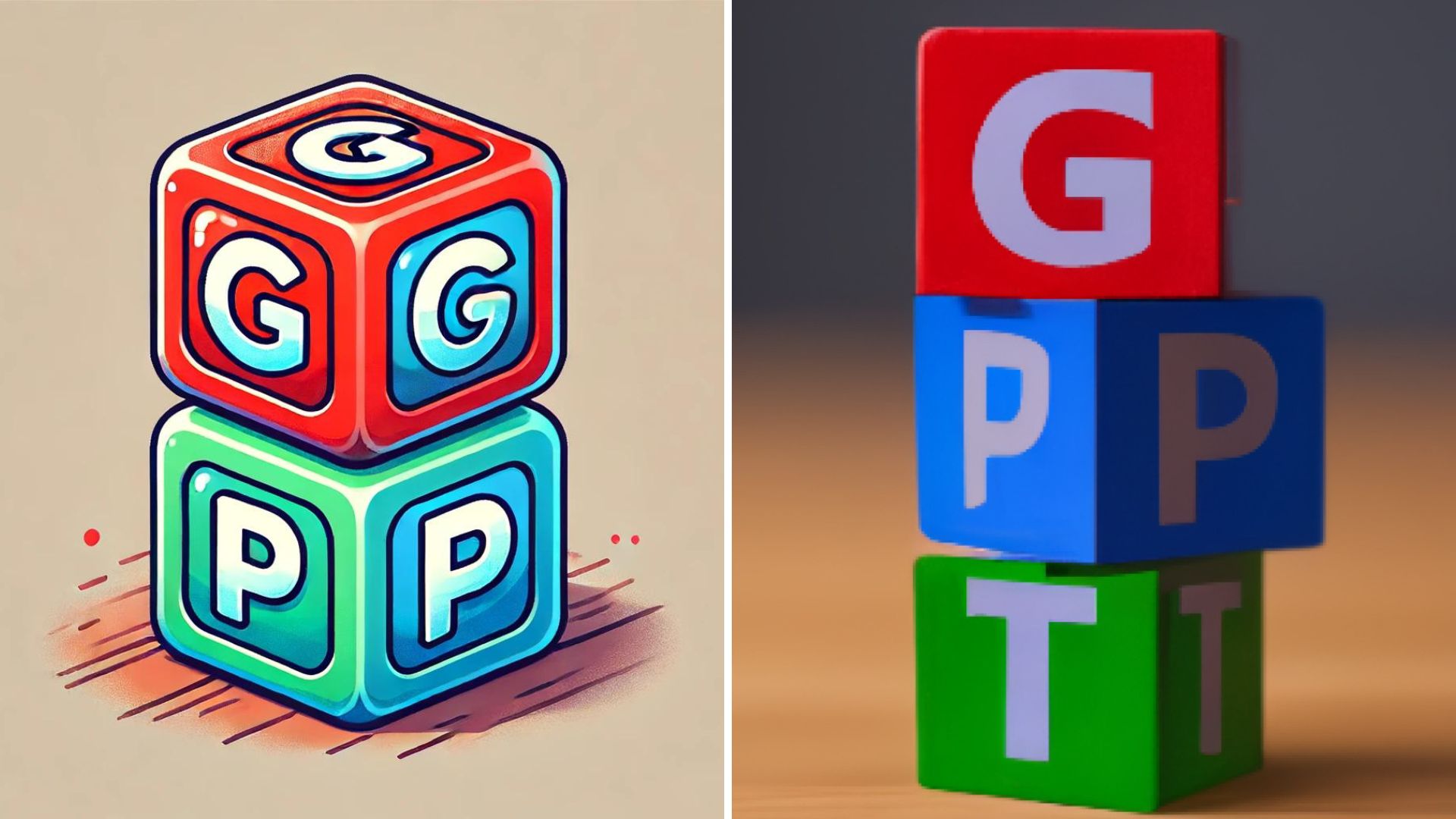OpenAI is in talks with Reliance Industries about a potential partnership to integrate ChatGPT and other AI tools into the latter’s businesses, The Information reported. The Sam Altman-led company is seeking to leverage Reliance’s businesses, such as wireless carrier Jio, to distribute or sell its AI services, possibly including ChatGPT.
As per the report, OpenAI has considered reducing ChatGPT’s subscription price in India by as much as 85% to attract more paid users. Currently priced at $20 per month, the subscription is costly relative to India’s median salary. A potential partnership with Jio, Reliance’s telecom subsidiary, could allow ChatGPT to be bundled into mobile plans at a lower rate.
Reliance has also explored selling OpenAI’s enterprise AI tools to Indian businesses through an API. However, Microsoft, OpenAI’s key partner, holds exclusive rights to resell these models to businesses, potentially necessitating its involvement in any such agreement.
“Reliance is a natural ally for OpenAI in India—not merely due to its scale, but also because of its deep entrenchment across both the consumer and enterprise landscapes,” Sanchit Vir, CEO of Greyhound Research, told AIM.
He added that Reliance provides OpenAI with a ready-made gateway to hyperlocal scale and access to India’s AI-hungry middle-class and enterprise sector. “Reliance has its fingers in every crucial sector—telecom, retail, cloud, media, and government services.”
He further explained that working with Reliance will help OpenAI navigate regulatory challenges easily.
“Navigating India’s regulatory landscape isn’t for the faint-hearted. Reliance operates a well-oiled machinery when it comes to government relations and digital infrastructure agreements. If OpenAI aspires to scale significantly in India—educational institutions, healthcare, rural empowerment, even governance—Reliance opens doors that no Valley company can,” he said.
OpenAI is not alone in this pursuit. Meta is also vying for a partnership with Reliance to integrate its Llama open-source model and Meta AI chatbot into Reliance’s digital services.
However, OpenAI currently leads in Indian AI adoption, with ChatGPT attracting significantly more traffic than Meta’s AI tools, according to research firm Similarweb. Meanwhile, on a global scale, Llama recently surpassed 1 billion downloads—a sharp rise from 650 million in December 2024, marking a 153% surge in just three months.
This, however, won’t be Meta’s first collaboration with Reliance. In 2020, the company invested $5.7 billion (INR 43,574 crore) in Jio Platforms Limited, a subsidiary of Reliance Industries, becoming Facebook’s largest minority shareholder.
Why does it matter?
A good adoption in India hinges on both usability and affordability. The implications of high costs and premium pricing models for advanced tools are significant in a price-sensitive country like India.
India is OpenAI’s second-largest market, but to expand its reach, the company must refine its pricing strategy. For instance, the company now offers ChatGPT Pro at $200/month and is rumoured to introduce plans up to $2,000/month due to high compute costs of advanced models, which is prohibitively expensive for many Indian users.
Many users have previously pointed out to Altman on X that, in the current scenario, $200 per month is comparable to salaries and average monthly incomes in many economies outside the US—suggesting that AI subscription pricing cannot be uniform globally. In India, for instance, the average monthly income is around ₹20,000 (about $233).
Meanwhile, DeepSeek is slowly changing the game for everyone, forcing AI labs to introduce cheap and open-source alternatives or at least rethink their strategies. “The biggest revelation from DeepSeek is that open source has won. With only a 1% difference in performance, it will be difficult for OpenAI to justify its pricing when the competition is both free and formidable,” said Kai-Fu Lee, founder of AI startup 01.AI, in a recent interview with Bloomberg.
He added that the company is also going to last infinitely because its founder has enough money to fund it at the current level and has reduced computing costs by a factor of 5 to 10. “With such a formidable competitor, I think Sam Altman is probably not sleeping well,” he quipped.
Reliance Bullish on AI
In addition to AI distribution, Reliance is developing a massive data centre in Jamnagar and has discussed offering data hosting services to OpenAI and Meta. With a capacity of 3 gigawatts, the facility could provide the infrastructure needed to run AI models locally, addressing concerns about data sovereignty.
Meanwhile, reports indicate that OpenAI may be building its own data centre in India.
Indian government officials are contemplating mandating that foreign AI companies store Indian user data within the country, a decision that could enhance Reliance’s position in AI hosting.
“In our estimation at Jio, I think AI is the biggest technology change that we have seen in our lifetime till date,” said Jio chairman Akash Ambani, adding that AI will empower India to grow at 10% or double-digit growth numbers for the foreseeable future.
He added that Reliance has already invested in its full-stack AI team, led by data scientists, researchers, and engineers, expanding it to over a thousand members. “We will have a groundbreaking idea that will bring half a billion people [together] on one platform coming out of India, and that’s what will take us to [global] AI leadership,” Ambani said at Mumbai Tech Week 2025.
Last year, Reliance Industries unveiled consumer-focused AI initiatives, including Jio Brain, Jio AI-Cloud, and Jio Phone Call AI, along with its vision for a national AI infrastructure—challenging global cloud giants and transforming India’s AI ecosystem.
Reliance also has a history of investments in AI firms. In 2019, Reliance Jio acquired an 87% stake in Haptik, an AI-based conversational platform and virtual assistant developer, for approximately ₹700 crore. Besides, Reliance invested up to $180 million in Embibe to acquire a majority stake. Embibe is an AI-powered education platform.
Reliance wants to replicate what it did in the telecom industry—transforming the Indian digital economy by offering affordable data and connectivity, bringing millions online, particularly in tier-2 and tier-3 cities like Patna, Jaipur, Surat, and Bhopal.
With a subscriber base exceeding 465.13 million as of 2025, Jio provides a suitable platform to distribute AI tools like ChatGPT to a price-sensitive yet digitally curious population.
“Reliance has a proven record of using its scale to democratise technology. Jio’s disruptive rollout of 4G in 2016 reshaped India’s telecom market by drastically reducing mobile data prices, making India the world’s cheapest data market. A similar approach could be applied to AI.
“By bundling ChatGPT with Jio data plans or hosting it on its upcoming local data infrastructure, Reliance could significantly lower the cost of AI access,” said Karn Chauhan, senior analyst at Counterpoint.
He added that none of the operators we have can think of a global promise to build, offer, and control what Jio is capable of and AI will play a key role in shaping next-gen consumer experiences, especially with the richness of data involved.
Currently, Reliance Jio leads the wireless services market with a 40.42% share, followed by Bharti Airtel at 33.49%. Jio’s infrastructure and low-cost data plans will ensure that OpenAI’s AI solutions can reach even remote areas.
The enormous data generated by Jio’s vast user base covering browsing habits, app usage, and location presents an opportunity for OpenAI to build AI models that offer personalised digital assistants or educational tools adapted to regional languages and needs.

 3 weeks ago
14
3 weeks ago
14


